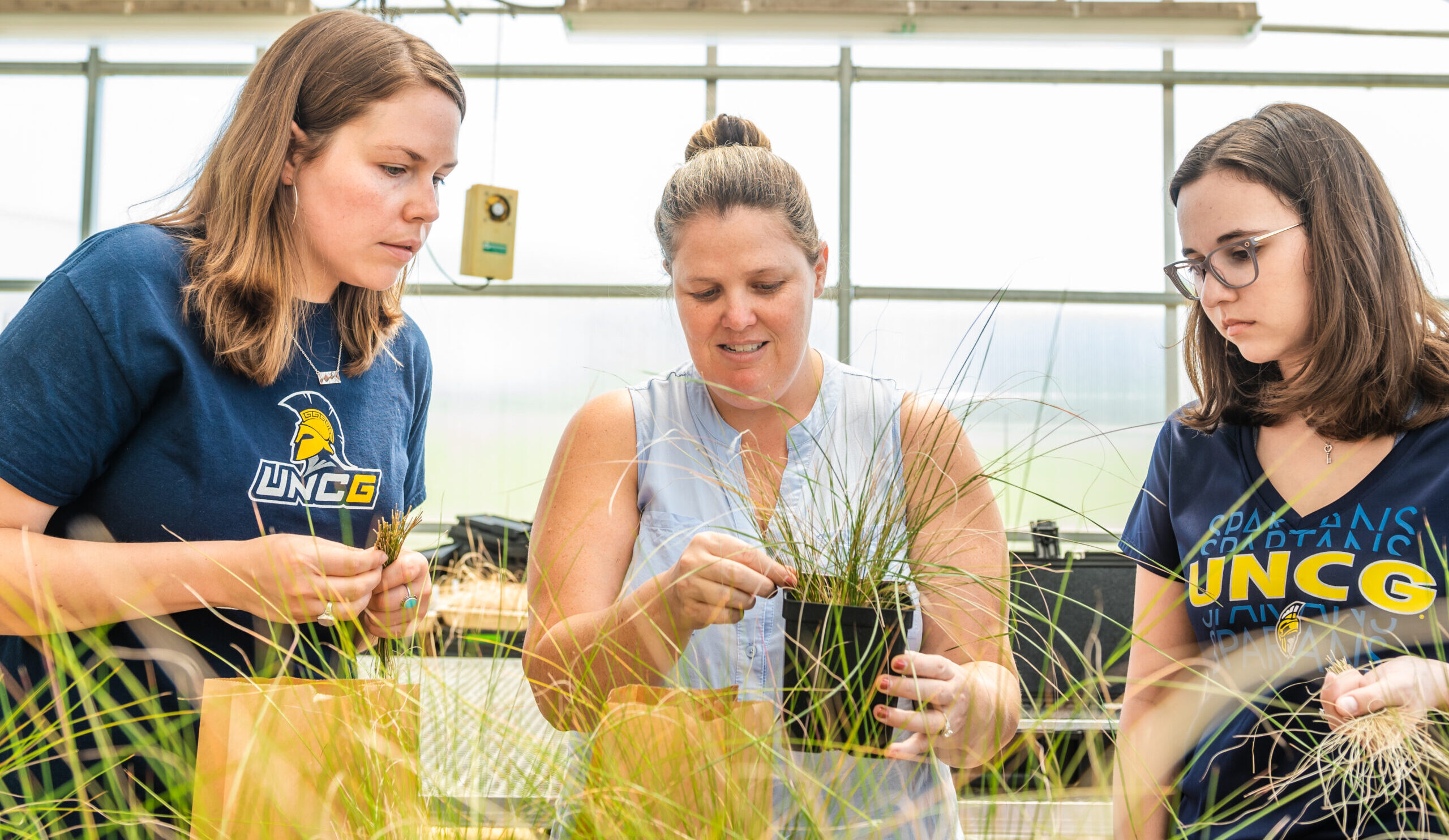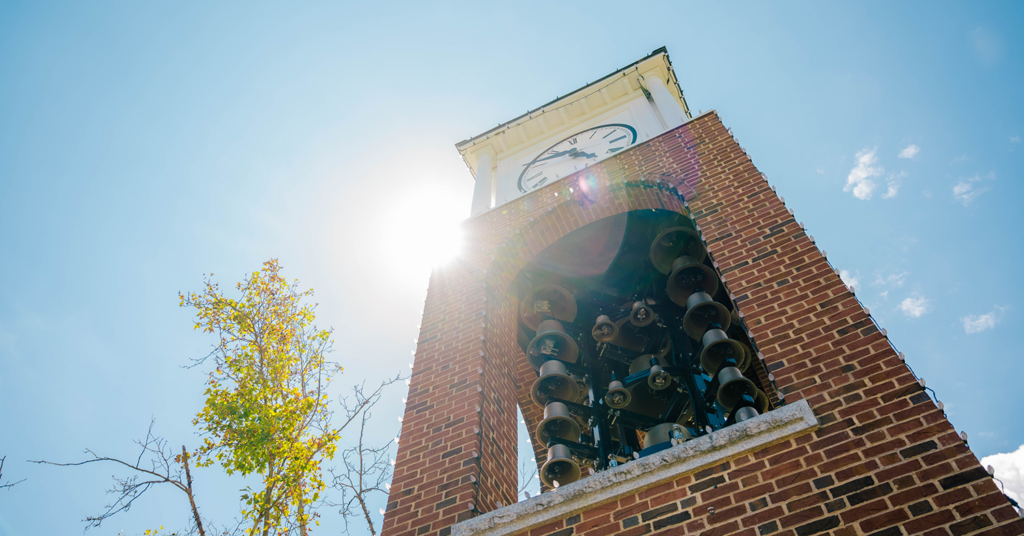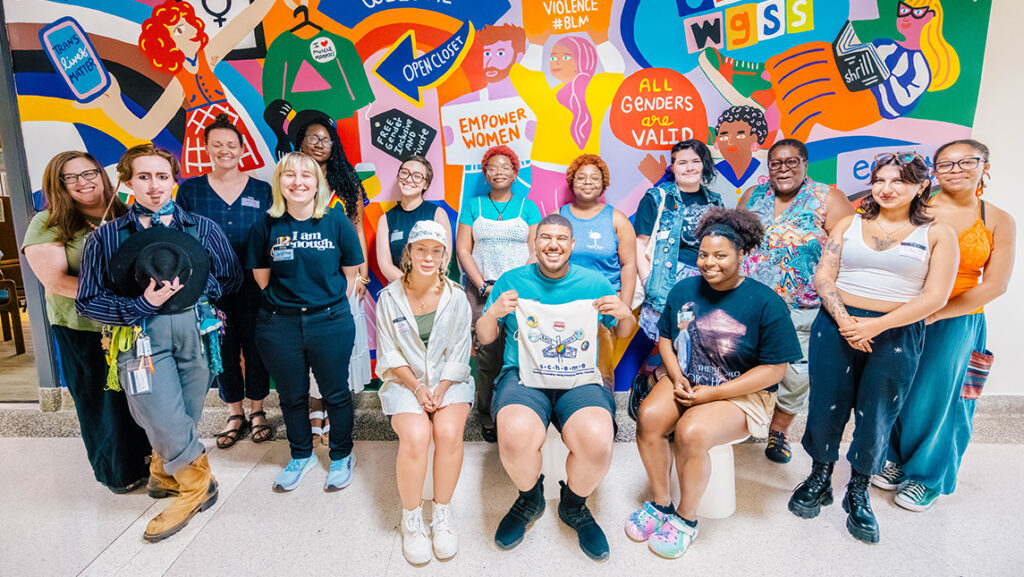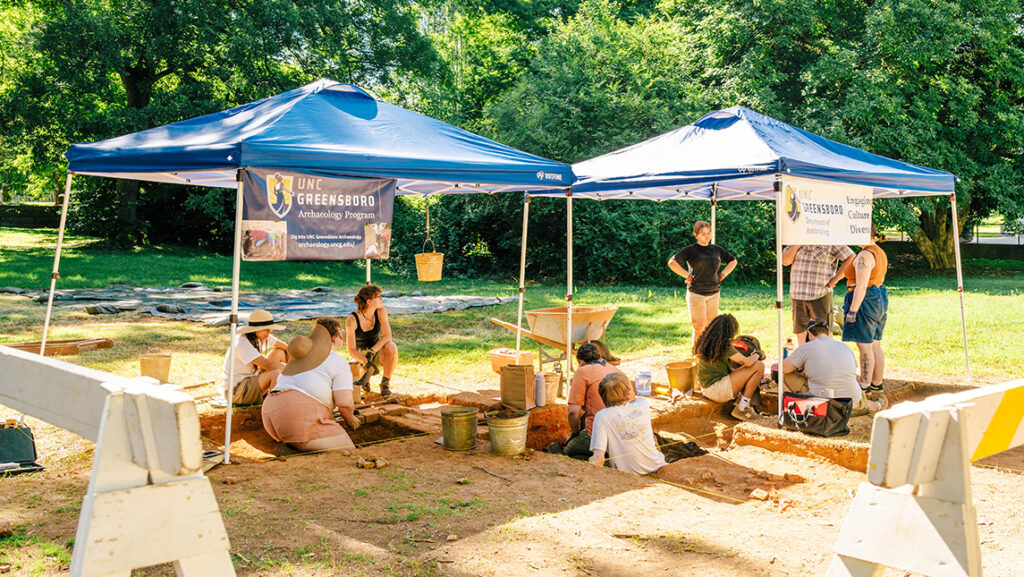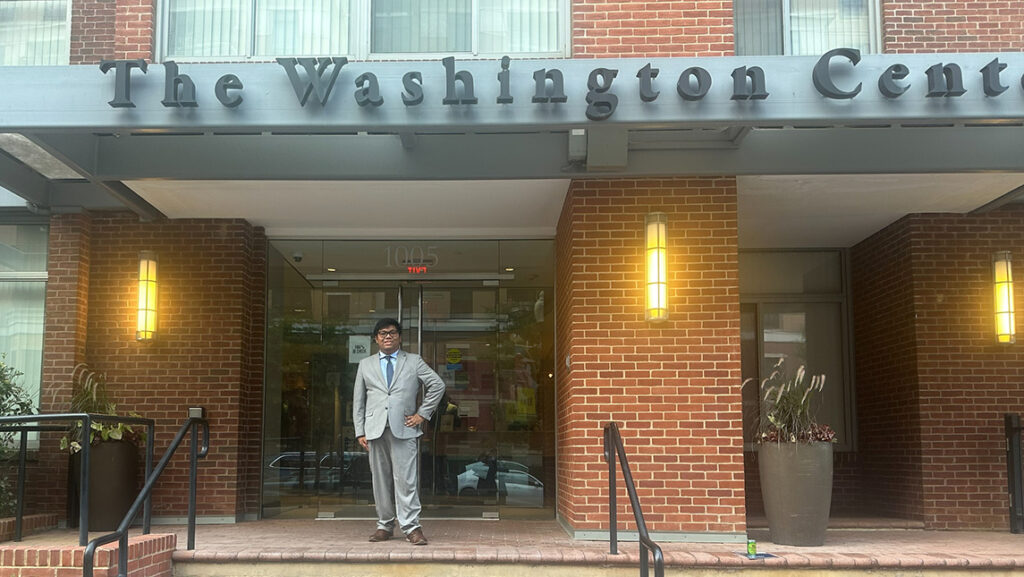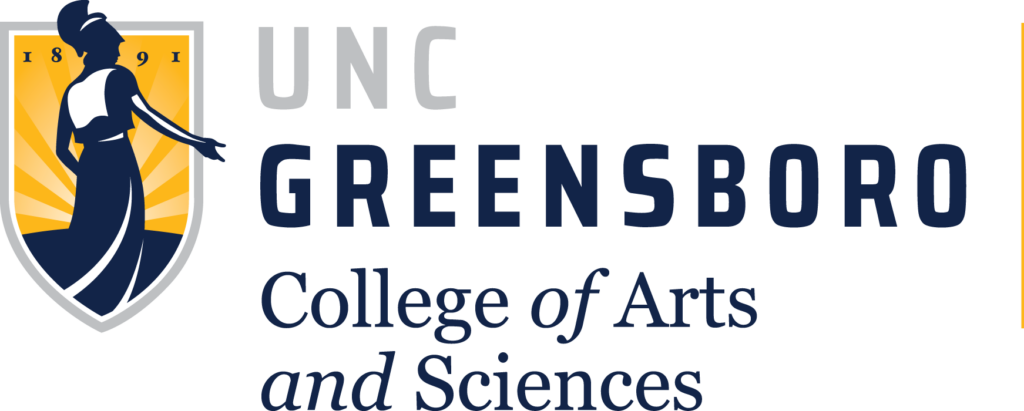The latest National Science Foundation guidance imposes new requirements around mentoring graduate students. Experienced NSF grant applicants are familiar with current requirements around mentoring postdoctoral scholars, but the new guidance broadens the PI’s mentoring obligations to include graduate students — both masters’ and PhD.
Beginning May 20, 2024, if postdocs and / or graduate students will be funded through an NSF grant, researchers must include a one-page mentoring plan in the proposal package. Furthermore, if the proposal is successful, each mentee receiving “substantial support” from the grant (1.0 person month or more) must have an Individual Development Plan (IDP) in place, and the plan must be updated annually. Lastly, as part of the reporting process PIs will be required to certify mentees have IDPs and that the plans are updated.
The Council of Graduate Schools (CGS) hosted a recent webinar in partnership with NSF highlighting these requirements and featuring several universities working to integrate these requirements into existing mentoring frameworks. View the webinar here. CGS will host another free webinar on June 18 especially for faculty entitled “How NSF’s New Mentoring Requirements Can Improve Your Research Agenda.” Registration is now open.
The language below, excerpted from NSF’s Proposal & Award Policies & Procedures Guide (PAPPG, or “PAPP Guide”) 24-1 describes these requirements in detail. The 24-1 guidance goes into effect for all proposals submitted on or after May 20, 2024.
- Chapter II.D.2.i(i), Mentoring Plan – each proposal that requests funding to support postdoctoral scholars or graduate students must upload under “Mentoring Plan” in the supplementary documentation section of Research.gov, a description of the mentoring activities that will be provided for such individuals. In no more than one page, the mentoring plan must describe the mentoring that will be provided to all postdoctoral scholars or graduate students supported by the project, regardless of whether they reside at the submitting organization, any subrecipient organization, or at any organization participating in a simultaneously submitted collaborative proposal. Please note that separate plans are not required for postdoctoral scholars or graduate students. The plan may, however, specify how different components of the mentoring program will be enacted for the two types of researchers…. Mentoring activities provided to postdoctoral scholars or graduate students supported on the project will be evaluated under the Broader Impacts review criterion. Note see also Chapter VII.B. for information on requirements regarding Individual Development Plans for postdoctoral scholars or graduate students. Examples of mentoring activities include but are not limited to: career counseling; training in preparation of proposals, publications and presentations; guidance on ways to improve teaching and mentoring skills; guidance on how to effectively collaborate with researchers from diverse backgrounds and disciplinary areas; and training in responsible professional practices.
- Chapter VII.B.7, Individual Development Plans for Postdoctoral Scholars or Graduate Students – …for each NSF award that provides substantial support to postdoctoral scholars and graduate students, each individual must have an Individual Development Plan, which is updated annually, that maps the educational goals, career exploration, and professional development of the individual. NSF defines “substantial support” as an individual that has received one person month or more during the annual reporting period under the NSF award. See also Chapter VII.D.1.b (iv) below for certification requirements.
- Chapter VII.D.1.b (iv), Certification Requirements for Annual and Final Annual Reports – In submission of each annual and final annual report, the PI or Co-PI is certifying… that each postdoctoral scholar and graduate receiving substantial support from the award has an individual development plan that maps educational goals, career exploration, and professional development.
